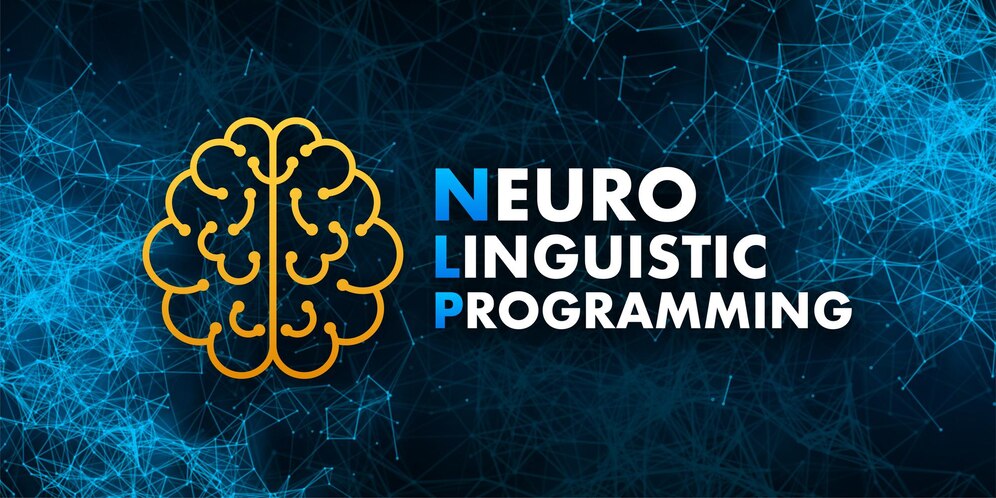It’s easy to read this and think, “I know this already!” But the bigger question I would ask you is this….How good are you at it?
Have you ever paused to consider who you truly are? It’s a profound realization that you are not merely the sum of your thoughts, feelings, and emotions. Instead, you are the observer, the conscious presence that notices these internal experiences. I know that may sound altruistic or cheesy, but it’s not. You and I can only grow by exploring a few thoughts and how we can become more aligned with the outcomes.
The Conscious Observer Within
It’s worth emphasizing: You are NOT merely your thoughts, feelings, or emotions. Instead, you are the conscious observer of these internal phenomena. This realization is a cornerstone of personal growth and self-awareness. What does this mean for you?
Imagine waking up to a day filled with anxiety, pressure, and a sense of being swamped. Naturally, these emotions will dictate your reactions. However, recognizing these emotions gives you the power to alter them. If you spend most of your time responding to problems how can you grow? If you’re not willing to step outside of your present state and beyond your bias, you’ll be amazed at the clarity you’ll have. This is why you can solve other people’s problems with ease. You’re not emotionally involved and therefore you can be an observer of the issue. Consciously recognize this next time you’re feeling stressed.
Harnessing the Power of Positive Thinking
This is such a cliche isn’t it? I am tired of people telling me to just have positive thinking. I want you to look at it a little differently. Instead of being bogged down by challenges, what if you shifted your focus to solutions? What if, instead of dwelling on what’s wrong, you embraced gratitude and envisioned what’s possible? This shift in perspective not only elevates your mood but also boosts your energy. You are energy and have a choice of what energy you embody. Here’s a real simple analogy. We are like Tofu. We take on the flavors we’re around. So never let that be left up to chance.
Emotional Fitness: The Key to Intentional Living
Emotional fitness isn’t about suppressing feelings. It’s about recognizing them and making a conscious choice to steer them in a positive direction. It’s about being proactive, not reactive. By being aware of your emotional state, you can intentionally redirect your energy.
To maintain this heightened state of awareness, it’s crucial to establish daily rituals. These practices help recalibrate your mind, ensuring you’re deliberate about where you direct your energy and focus.
The Game of Life: Embracing Every Opportunity
Life is not a passive experience. If you’re not intentional, you might find yourself merely reacting to events. Remember, you are not just your fleeting thoughts or emotions. You possess the incredible power to change them, to think anew, and to embrace positivity.
Celebrate your achievements, no matter how small. Cherish every opportunity life presents, for it’s through these experiences that you grow and evolve. Anxiety comes from uncertainty. Well, life is just that and it’s time to understand if you live in fear, you’ll stay in that state. Be okay with where you are now and focus on what actually matters.
Life continually offers lessons and opportunities for growth. By recognizing that you are more than your thoughts and emotions, you unlock the potential to live intentionally, gratefully, and joyfully.
Embrace the game of life and all the tools it provides for your personal evolution.
As a co-founder of The Constance Group, I’m at the forefront of revolutionizing sales and leadership strategies worldwide. Our difference? The proprietary “Sales Funnel©” methodology—an innovative approach that significantly enhances selling processes, complemented by our programs in leadership, negotiation, and sales development.
Our distinct edge lies in our personalized approach. Prior to any keynote or workshop, I personally collaborate with stakeholders and attendees to develop a tailored, impactful program. This commitment goes beyond content delivery; it’s about crafting actionable insights that participants can immediately leverage for real-world impact.
Rooted in behavioral science, our strategies offer profound insights into human behavior, empowering your team to navigate complex scenarios with positive outcomes. Our sessions are designed to be engaging and memorable, mixing potent messages with humor and narratives that not only resonate but also inspire lasting change.









